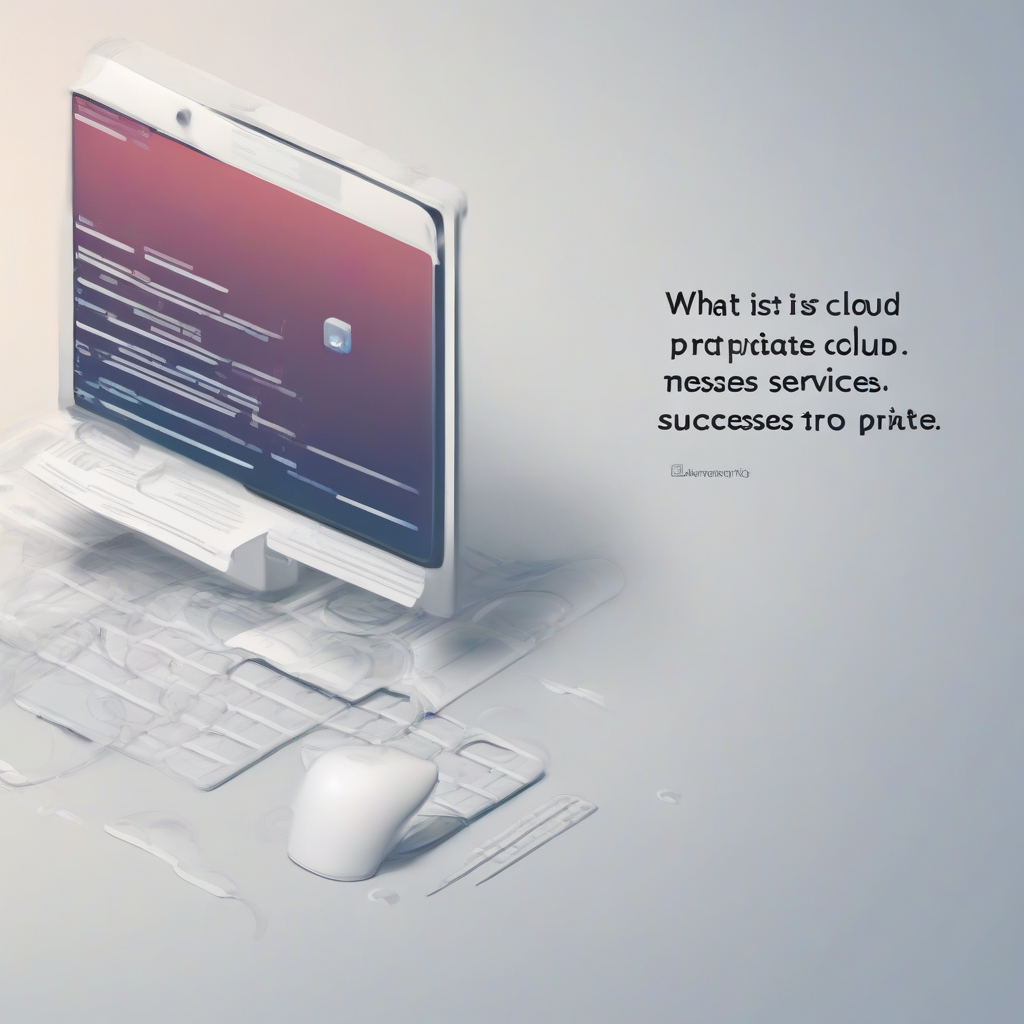Managed Cloud Security Services: A Comprehensive Guide

Managed Cloud Security Services: A Comprehensive Guide
Introduction
In today's digital landscape, businesses of all sizes are embracing cloud computing to enhance agility, scalability, and cost-efficiency. However, with the migration of sensitive data and critical applications to the cloud, security becomes paramount. This is where managed cloud security services come into play, offering comprehensive solutions to protect cloud environments from evolving threats.
What are Managed Cloud Security Services?
Managed cloud security services are a suite of security solutions delivered by third-party providers to ensure the security of cloud infrastructure, applications, and data. These services encompass a wide range of capabilities, including:
- Threat detection and response: Proactive monitoring and analysis of network traffic, system logs, and user behavior to identify and respond to potential threats in real-time.
- Vulnerability management: Regular scanning of cloud environments to identify and prioritize security vulnerabilities, followed by remediation efforts.
- Data loss prevention: Implementing measures to prevent sensitive data from leaving the cloud environment, including encryption, access control, and data masking.
- Security information and event management (SIEM): Centralized logging and analysis of security events across the cloud infrastructure, enabling incident investigation and response.
- Identity and access management (IAM): Controlling user access to cloud resources based on roles and permissions, ensuring only authorized individuals can access sensitive information.
- Cloud security posture management (CSPM): Continuously assessing the security posture of cloud environments, identifying misconfigurations and compliance gaps, and recommending corrective actions.
- Cloud workload protection: Securing individual cloud workloads, such as virtual machines, containers, and serverless functions, from threats and vulnerabilities.
Benefits of Managed Cloud Security Services
Organizations leveraging managed cloud security services reap numerous benefits, including:
- Enhanced security posture: Proactive threat detection and response capabilities, combined with vulnerability management and data loss prevention measures, strengthen overall security posture.
- Reduced security costs: Outsourcing security expertise and infrastructure to third-party providers can significantly reduce operational costs and capital expenditures.
- Increased agility and scalability: Managed services adapt to evolving security needs and readily scale up or down based on organizational requirements.
- Improved compliance: Services help organizations meet regulatory compliance standards, such as GDPR, HIPAA, and PCI DSS.
- Access to specialized expertise: Leveraging the knowledge and experience of security professionals who stay updated on the latest threats and vulnerabilities.
- Focus on core business: Freeing up internal resources to focus on core business operations while leaving security management to experts.
Types of Managed Cloud Security Services
Managed cloud security services are offered in various models, each tailored to specific organizational needs and security requirements. Some common types include:
- Security as a Service (SaaS): Cloud-based security solutions delivered through a subscription model, providing access to a range of security tools and capabilities.
- Managed Security Services Provider (MSSP): A third-party provider that manages and monitors security operations for organizations, offering 24/7 security monitoring, incident response, and compliance management.
- Cloud Security Posture Management (CSPM): Services focused on continuously assessing and improving the security posture of cloud environments, identifying misconfigurations and recommending corrective actions.
- Cloud Workload Protection: Solutions designed to secure individual cloud workloads, such as virtual machines, containers, and serverless functions, from threats and vulnerabilities.
Choosing the Right Managed Cloud Security Services
Selecting the appropriate managed cloud security services involves careful consideration of several factors:
- Security requirements: Identify the specific security needs of your organization, including data sensitivity, compliance mandates, and threat landscape.
- Cloud environment: Determine the cloud platforms you are using, such as AWS, Azure, or Google Cloud, and select services compatible with your infrastructure.
- Budget: Establish a realistic budget for managed security services, taking into account pricing models, service levels, and potential long-term costs.
- Vendor expertise: Evaluate the experience and expertise of potential service providers, considering their track record, certifications, and industry recognition.
- Service levels: Define the desired level of service, such as response times, availability, and reporting, to ensure alignment with your security expectations.
- Integration: Ensure that the chosen managed security services seamlessly integrate with existing security infrastructure and tools.
Conclusion
Managed cloud security services are essential for organizations embracing cloud computing to protect their data, applications, and infrastructure from evolving cyber threats. By leveraging the expertise and resources of third-party providers, businesses can achieve a robust security posture, reduce security costs, and focus on core business operations. When selecting managed services, it is crucial to consider security requirements, budget, vendor expertise, and service levels to ensure a successful partnership that addresses your unique needs and safeguards your digital assets.
What's Your Reaction?

















